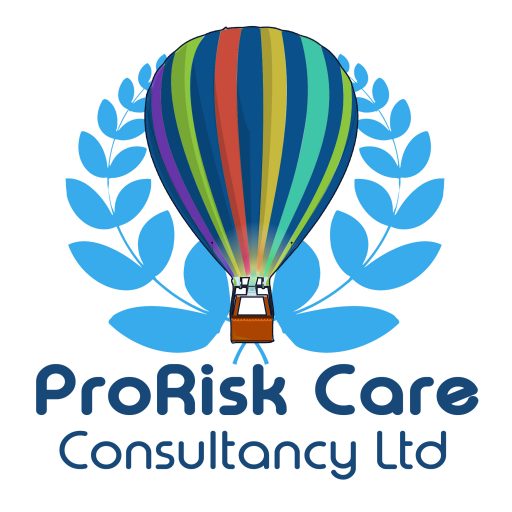The CQC has published new guidance on how to prepare for registering a new service.
There are some key principles worth being aware of, in advance of your application, as it will save time and effort down the line. Having these in place will also avoid the pitfalls of applications being rejected or returned pending more information.
From the CQC website:
Please take time to check whether you are ready to apply for registration. If you have not completed the tasks below, you will not be able to complete your registration with us. We assess applications for adult social care providers against our assessment framework. This mirrors the questions we ask when we inspect a service. https://www.cqc.org.uk/guidance-providers/registration/apply-online/before-you-start
Here is a checklist of things you need to do before you start your application:-
1. Apply for a CQC-countersigned DBS check (this can take up to six weeks). Read the guidance on obtaining a CQC-countersigned DBS check. Even if you have one from a previous job you must have a fresh one that is CQC- countersigned.
https://www.cqc.org.uk/guidance-providers/registration/apply-cqc-countersigned- disclosure-barring-service-dbs-check
2. Write your statement of purpose. This can take a few days and requires careful thought.
A statement of purpose for a care business describes what you do, where you do it and
who you do it for.
You have to have a statement of purpose as part of your application and it must include:
– your aims and objectives
– the services you provide
– the different needs your service meets
– your contact details
– your service’s legal entity
– the places where services are provided
– Ensure business premises are ready and fit for purpose.
– Decide which regulated activities you are going to provide.
– Read and understand the provider handbook for your sector. The CQC website provides a Statement of Purpose template.
https://www.cqc.org.uk/guidance-providers/registration-notifications/statement-purpose
3. Financial references and statement of financial viability
These must be provided with the application and require a statement from an accredited accountant or a financial service regulated by the Financial Conduct Authority. https://www.cqc.org.uk/guidance-providers/registration/references-0
4. Supporting documents. Here is a link to the additional documents that need to accompany your application
https://www.cqc.org.uk/guidance-providers/registration/supporting-documents
5. Sector specific guidance.
Ensure that you have read and are familiar with the specific requirements of your sector. https://www.cqc.org.uk/guidance-providers
6. Link to the online application form.
https://www.cqc.org.uk/guidance-providers/registration/apply-online/apply
Common mistakes and how to avoid them
1. Your DBS number must be CQC-countersigned
You must have a CQC-countersigned DBS number. If your DBS number is not countersigned by CQC it will not be valid. This means your application will be rejected.
The following people usually need to complete the CQC-DBS check process:
– Individuals applying for registration to carry on or manage a care service
– All partners
– Registered managers
As obtaining a CQC-countersigned DBS number can take up to 6 weeks to get, it’s the first thing you should deal with.
https://www.cqc.org.uk/guidance-providers/registration/apply-cqc-countersigned- disclosure-barring-service-dbs-check
2. Wrong type of application
Many applications are returned because the wrong type of application has been completed. The online system allows applications from one of three types of legal entity: individual, partnership or organisation. Please ensure you are clear about your legal entity type before starting your application.
3. Statement of purpose
Every service provider is required by law to have a statement of purpose (SoP) for each of the regulated activities they carry on. If you carry on more than one regulated activity these need to be combined into a single SOP. You will not be able to submit your application without uploading a statement of purpose.
Caroline Lower
ProRisk Care Consultant
5.4.19
